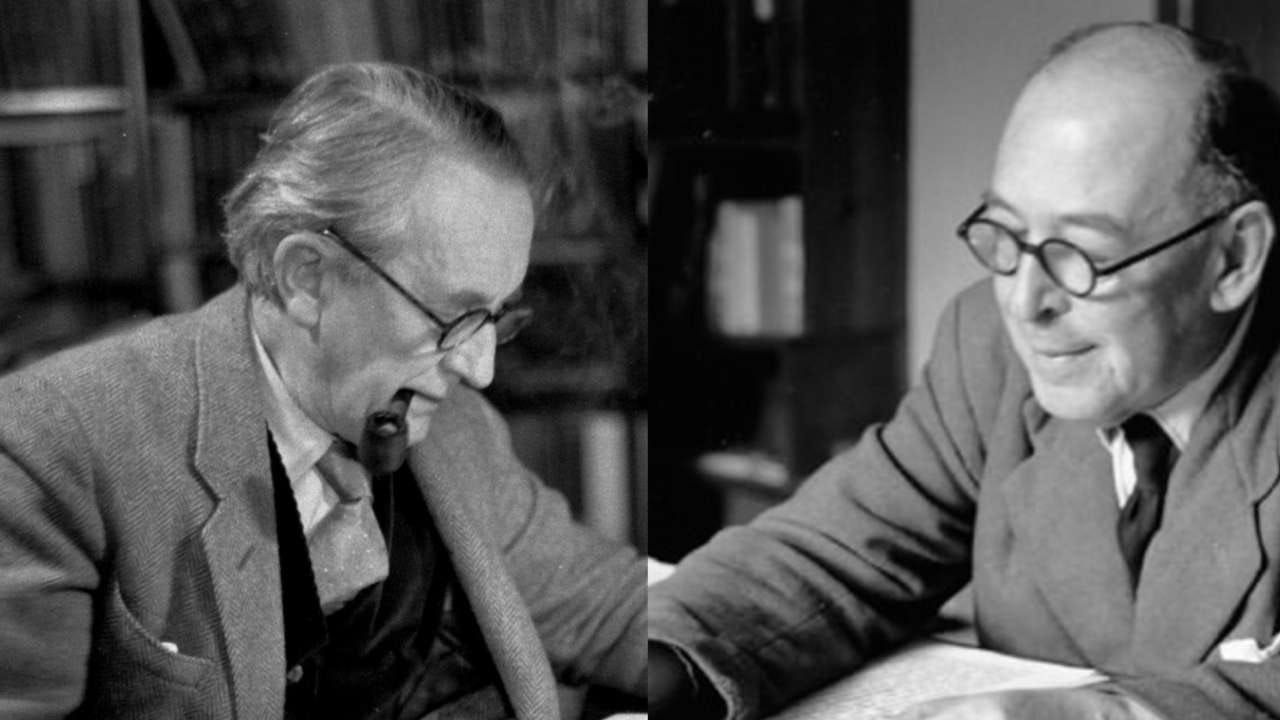An Unpayable Debt: Tolkien and Lewis
On choosing your friends wisely
“Just because some people are nice to you, doesn’t mean you should spend time with them”
-Epictetus in The Art of Living
You probably have gotten an earful for most of your life about choosing your friends wisely. Mom or Dad might have told you this, maybe a coach and most certainly your Sunday school teacher. I don’t know about you, but I didn’t listen to this when I was 16. I wanted to be friends with anyone who accepted me and welcomed my company. That was the extent of my discrimination on who I shared time with.
I wish I had thought about it differently now, looking back on those years. You really do become more like who you hang around.
You adopt their mannerisms. Sayings. Lingo. Wardrobe. Ever seen Mean Girls? It’s natural. We are social creatures and will do all sorts of things in order to not be the lone wolf traveling the world without support.
All friendships are transactional, even the ones we think are not.
You are making deposits on every relationship. Is the other person putting something into it that adds value to your life at a positive rate of interest?
C.S. Lewis (Chronicles of Narnia) and J.R.R Tolkien (The Lord of the Rings) were friends and colleagues at the University of Oxford. It’s cool to imagine these creative titans sharing time together and swapping ideas.
The friendship had limits, of course, and it became strained over time as their evolving values and commitments clashed.
They had a literary and writing club at Oxford known as The Inklings. This group of men (exclusively) would meet to share their work with one another. They’d offer feedback, argue, and poke holes in different ideas presented by the members. But the goal was to sharpen one another. At times this was known to be frustrating for members with varying degrees of ego.
After the untimely death of C.S. Lewis, to which Tolkien had become estranged, he wrote of his old friend, “The unpayable debt I owe to C.S. Lewis was not influence but sheer encouragement. He was for long my only audience.”
You see, Tolkien was not as prolific a writer as Lewis. He was more in the weeds of his worldbuilding, sure, but he struggled to finish his work in a way that Lewis did not. Tolkien had doubts and at times lacked motivation to continue. He very much did not have wind in his sails to complete The Hobbit, a story he had reservations about releasing to the public.
Tolkien had even greater doubts about the longer tale that would become The Lord of the Rings.
But Lewis loved the stories. He read the drafts with great enthusiasm and clamored for his friend to continue forward. Tolkien did, and the world has never been the same.
Lewis was known as a serial encourager of others. He loved to brainstorm and workshop other people’s ideas. There is no telling how many great works came from Oxford and The Inklings as a result of Lewis’ desire to make sure fruit never died on the vine.
You need friends like this in your life.
The Stoic philosopher Epictetus is known to have shared these very ideas in his lectures.
“The world is full of agreeable and talented folk. The key is to keep company only with the people who uplift you, whose presence calls forth your best,” he said.
You need to be choosy. The company you keep will rub off on you.
In the case of Lewis and Tolkien, these two men were in each other’s lives at a time when they needed one another. They sharpened each other’s craft and uplifted spirits at late hours of the night when their creative energies would boil over.
Then it stopped. The men grew apart. It’s rather sad the more you read about it and the slow demise of The Inklings.
But that’s the truth of 90 percent of friendships. They are chapters in a book and people move in and out of our lives like the tides.
Only a select few will be in your life from start to finish. Hopefully, they are company you chose to keep.



